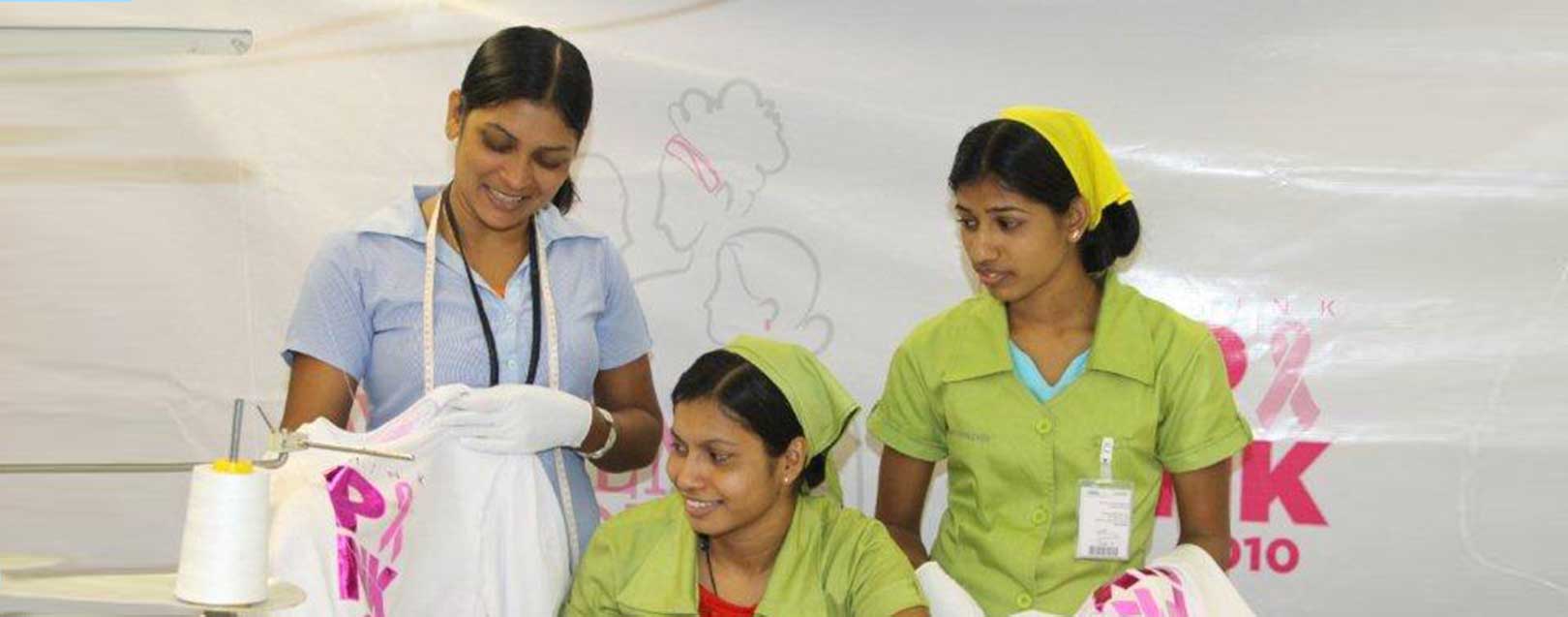
Hike in wages in garment industry to jack up costs, could affect exports and jobs, AEPC
Sheela Mamidenna
Minimum wages in the garment industry if doubled to Rs.18,000 per month will jack up costs, hit exports and lead to job losses, AEPC Chairman Ashok Rajani claimed today.
AEPC called on the government to clear the air on the issue. In a letter to the textile ministry, Apparel Export Promotion Council (AEPC) Chairman Ashok G Rajani said there is a lot of confusion surrounding minimum wages after clearance of the Wage Code Bill by the Cabinet. "This has impacted the booking of export orders, and to restore confidence of foreign buyers, it is important that a suitable clarification is issued by the government," Rajani said in the letter.
Extending her views on the Chairman's letter to the Textile Ministry, Chandrima Chatterjee, Advisor, AEPC told the Dollar Business Bureau that, "the Promotion Council expects that the government should take into confidence the views of the Council members before intending to make any changes in the Wage Bill as some States may find it challenging to implement the sudden hike in the basic floor wages."
Rajani said that the cost of wages in the garment export sector is around 30% of Freight on Board, which is the highest by any standard. "The apparel industry is already passing through a challenging phase due to slow down of the world economy. In the present stressful and challenging times, any additional burden on account of doubling the minimum wages from the present about Rs.9,000 per month to Rs 18,000 will make garment manufacturing unviable and unsustainable in future," he explained.
Rajani stressed that around 70% of the workforce in the ready-made garment industry are women while other industries have female workforce participation of 3-7%. "Hence, fixing of minimum wages at Rs.18,000 per month will not only adversely affect exports, but lead to a fall in employment generation in the sector," he pointed out.
When asked if the women workers in the ready-made garment industry are paid equally as that of men workers, M/s Chatterjee replied "in the organised garments sector, established parameters ensure that higher productivity is given due importance, alongwith safety and other issues. And to ensure that there is an escalation of skills in workers, institutions like the ATDC (Apparel Training and Design Centres) undertake periodic training and assessment of the labour force to upgrade them."
The Union Cabinet last month approved the new Wage Code Bill which will ensure a minimum wage across all sectors by integrating four labour related laws. The new minimum wage norms will be applicable for all workers irrespective of their pay. At present, the minimum wages fixed by the Centre and states are applicable to workers getting up to Rs.18,000 monthly.






 to success.
to success.